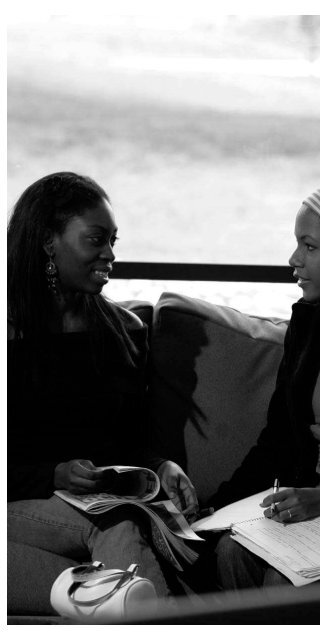You also want an ePaper? Increase the reach of your titles
YUMPU automatically turns print PDFs into web optimized ePapers that Google loves.
HISTORY<br />
100nCH. The Mexico-United States Border. (See Chicano Studies 100NCH.) Spring,<br />
M. Tinker-Salas (Pomona).<br />
100UBK. Pan Africanism and Black Radical Traditions. (See Black Studies 100uBK.)<br />
S. Lemelle (Pomona). [not offered <strong>2007</strong>-<strong>08</strong>]<br />
Amst 103. Introduction to American Culture. (See American Studies 103.) Spring,<br />
R. Roberts and Staff.<br />
111aBK. African American History to 1877. (See Black Studies 111aBK.) Fall,<br />
R. Roberts (Scripps).<br />
111bBK. African American History Since 1877. (See Black Studies 111bBK.)<br />
R. Roberts (Scripps). [not offered <strong>2007</strong>-<strong>08</strong>]<br />
118. Teaching U.S. History: Practicum. This course will examine both the politics and<br />
practice of United States history teaching. It will explore how the California State<br />
standards for U.S. history came to be, and the sometimes problematic classroom relation<br />
between history and “social studies.” In the first half of the course, students will attend<br />
lectures and examine primary documents related to the U.S. rise to world power in the<br />
period 1898-1917, which is one of the California standards. In the second half of the<br />
course, students will prepare for and serve an intensive internship in a local public<br />
school, including a classroom presentation that addresses the standard we’ve studied. A<br />
prior college-level course in U.S. history, such as History 55 or 56 at <strong>Pitzer</strong> is desirable,<br />
but not required. Fall, S. McConnell/M. Dymerski.<br />
119. Medieval Thought. [Also Philosophy 119] In the medieval period (400-1450 C.E.),<br />
people sought to balance Christian and classical Greek and Roman traditions, as well as<br />
the intellectual and material worlds. This course explores that balance in questions of<br />
God as a philosophical concept, the self, the nature of Christ as human or divine, and the<br />
possibility of religious plurality. We will also examine the interplay of thought and<br />
materiality through the phenomena of universities, the Black Death, and the Renaissance.<br />
Spring, C. Johnson/B. Keeley.<br />
130. Modern Germany. During Germany’s brief political life, the country has been<br />
unified, divided, and then reunified again. It is a troubled past, one that includes-in less<br />
than 50 years-two catastrophic world wars, Nazism, the Holocaust, and the division of<br />
Germany into two separate political units. In surveying that troubled past, we will see<br />
how “German” was constructed and remade to serve the needs of a nascent nationalism;<br />
how, at the same time, the notion of modernity became a central organizing principle for<br />
the new nation; how German modernity yielded cataclysmic results; and, finally, how<br />
government and people coped with the burdens of memory and identity in the aftermath<br />
of catastrophe. A. Wakefield. [not offered <strong>2007</strong>-<strong>08</strong>]<br />
131. Marx: A Transatlantic Seminar: In this course, we read Marx in the context of 19th<br />
century Europe, from the quiet German towns of his youth to the blaring factories of<br />
industrial Manchester. As we begin our classes in Claremont, another group of students<br />
in England will embark on a Marx Seminar of their own. We will work with them,<br />
reading the same texts, discussing them online, and developing projects together.<br />
129






![Anticipated Courses SP14 [pdf] - Pomona College](https://img.yumpu.com/25363335/1/190x245/anticipated-courses-sp14-pdf-pomona-college.jpg?quality=85)










